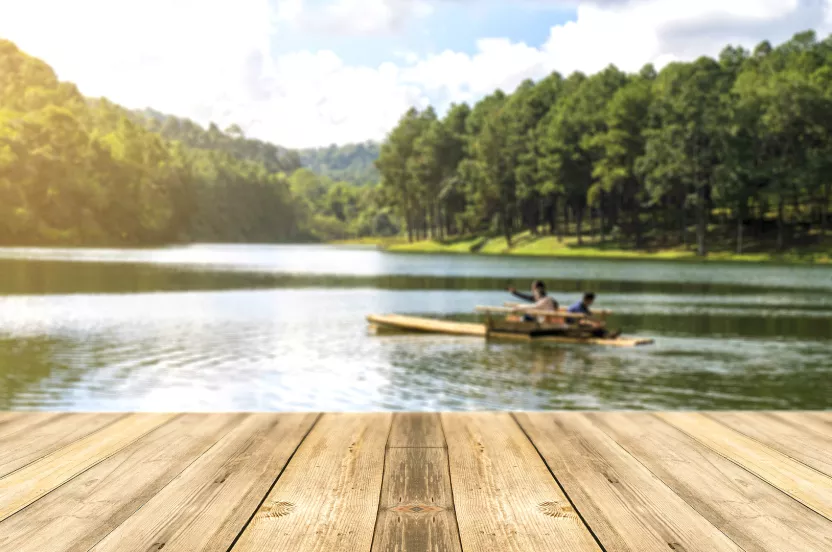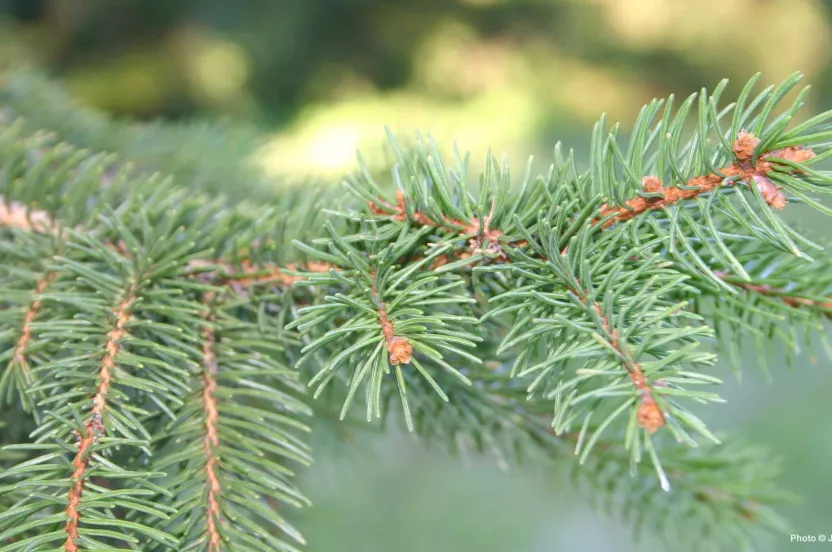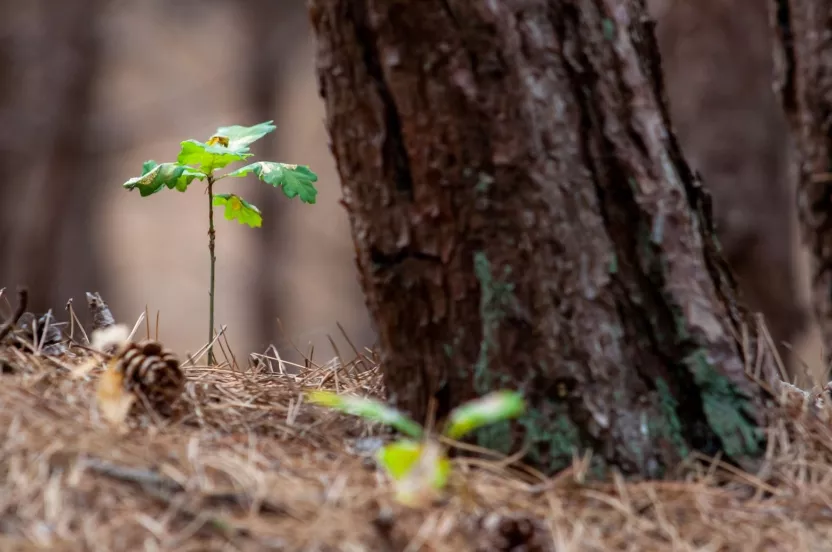Now live: The 2025 Canopy Report. Learn how Americans see trees. GET THE REPORT
It’s easy to feel overwhelmed by the problems of the world -- to think that, despite all good intentions, one person cannot really change things. One story we’d like to share is a perfect counterpoint—how one person can make a tremendous difference to the people and the planet. Stories like this renew the urgency and importance of our work at the Arbor Day Foundation and inspire us all to continue to make a measurable positive difference.
Moved to action after seeing the effects a monsoon had on the wildlife of his river island home, Jadav Payeng, then only 16 years old, decided that he was going to do something about it. The area, a barren wasteland on the Jorhat sandbar in the Brahmaputra River, had been steadily washing away and was predicted by scientists to simply vanish in as little as 15-20 years. Payeng began planting seeds in the sand in an effort to do something—anything—to help restore this place that so many humans and animals had called home. Thirty years later, Payeng has reforested more than 1,350 hectares of land: a plot larger than New York’s Central Park.
A short documentary film recently celebrated the news of Payeng’s incredible accomplishment.
Our vision at the Arbor Day Foundation is to become a leader in creating worldwide recognition and use of trees as part of the solution to global issues. Payeng, who singlehandedly planted a forest where once there was nothing, is a living embodiment of this vision:
He is helping to combat climate change by restoring the land of his island, making it more resilient to rising sea level and resistant to erosion and effectively combating what would have been its eventual disappearance from the face of the earth.
He is actively reversing biodiversity loss through his reforestation work by recreating habitat and bringing species like tigers, rhinos (the Royal Bengal tiger and one-horned rhino being some of the endangered species), elephants, vultures, migratory birds and others back to the area.
He is strategizing for the sustainable preservation of his forest area with his plan to plant coconut trees: which may help alleviate hunger as well as provide a potential economic boon to the area and mitigate poverty.
It can be overwhelming to think of all of the challenges facing the world, and to think, ‘what could I, as one person do?’
Payeng may have thought that same question to himself, and he answered it by planting a tree.



